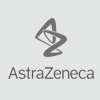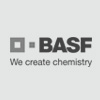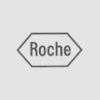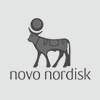Advantages of using Monoclonal Antibodies:
- Hybridoma serves as an immortal source of monoclonal antibody.
- Same quality of the antibody is maintained amongst the different production batches.
- Highly reproducible and scalable, unlimited production source.
- Speed and sensitivity and specificity of assays.
- Can produce antibodies when needed.
- No need to worry about maintaining the animals.
- Antigen or immunogen need not be pure.
- Selection helps to identify the right clones against the specific antigen
Disadvantages of using Monoclonal Antibodies:
- Time consuming project - anwhere between 6 months -9 months.
- Very expensive and needs considerable effort to produce them.
- Small peptide and fragment antigens may not be good antigens-monoclonal antibody may not recognize the original antigen.
- Hybridoma culture may be subject to contamination.
- System is only well developed for mouse and rat and not for other animals.
- More than 99% of the cells do not survive during the fusion process – reducing the range of useful antibodies that can be produced against an antigen
Advantages of Using Polyclonal Antibodies:
- Production is quicker.
- Less expensive.
- Have choice of producing antibodies in different animals.
- Chances of getting a better response to the antigen is increased– can try different animal sources as antibody produced recognizes different epitopes on the same antigen.
- Relatively easy to purify using affinity chromatography methods.
Disadvantages of using Polyclonal antibodies:
- Increased chance for cross reaction – false positives.
- Non specific interaction with the antigen- considerable heterogeneity within the antibody pool.
- Life span of the host animal is limited.
- Multiple animals had to be immunized against the same antigen.
- Antibody response depends on the host animal.
- Sometimes requires multiple control samples to arrive at meaningful conclusions
















